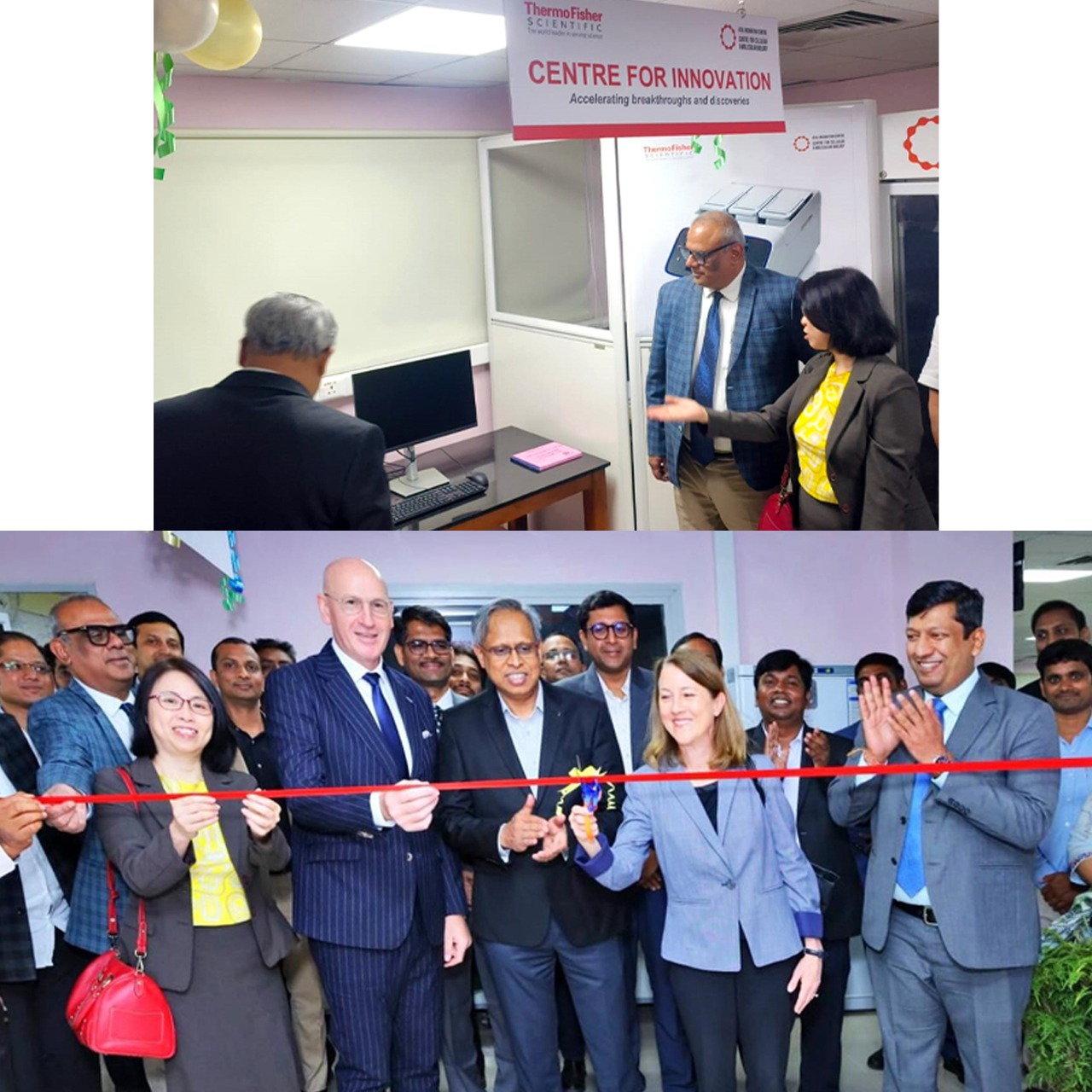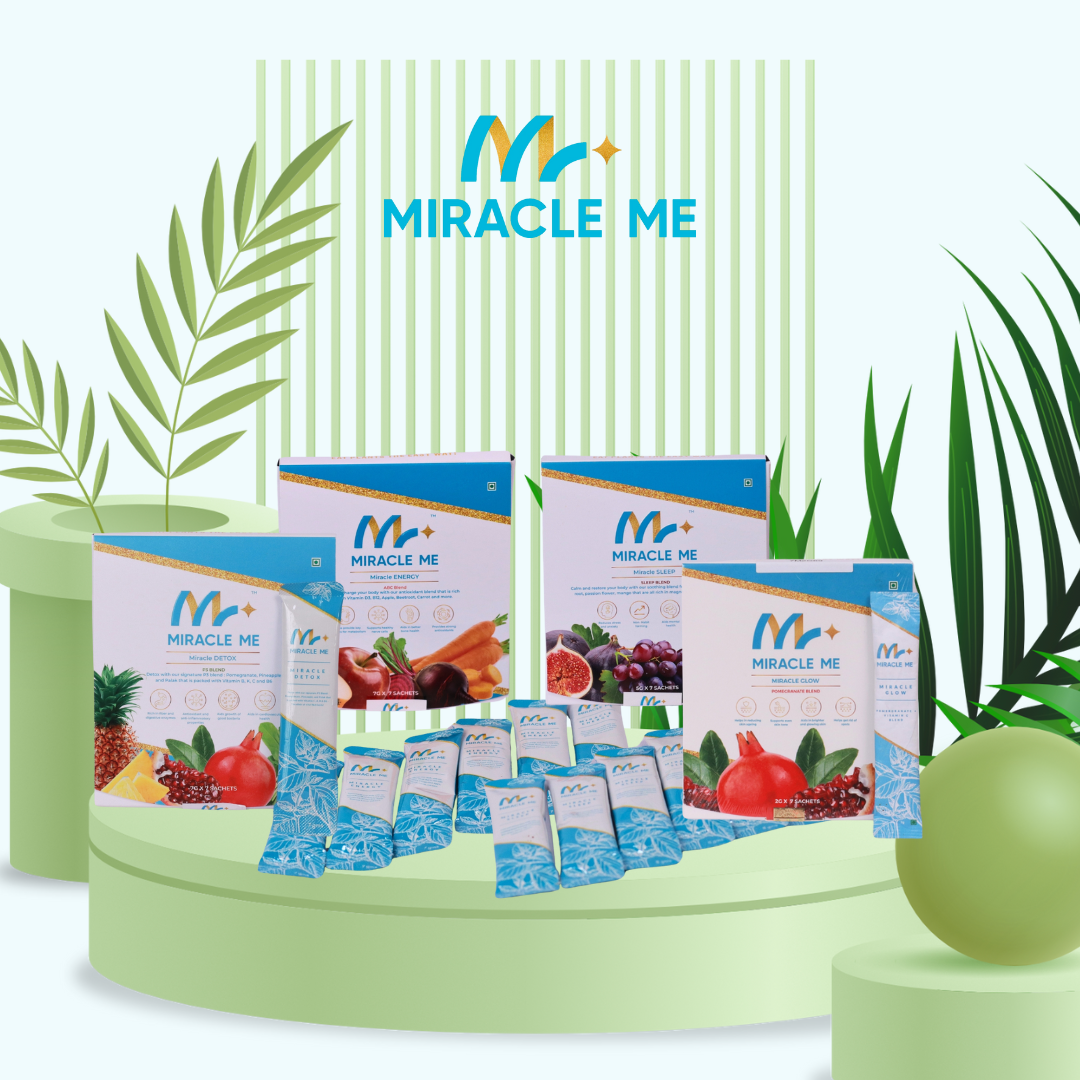With rising dual disease burden-non-communicable diseases (NCDs) and communicable diseases (CDs), India has made significant progress in providing better healthcare to its people. However, the shortage of medical professionals, quality, cost, and access to healthcare facilities remain major challenges. India’s unique needs drive priorities for healthcare technologies, where the innovators had much earlier realised that access, affordability, quality, and awareness through digital health would transform the Indian healthcare sector. Not only in preventive care and wellness,
However, the shortage of medical professionals, quality, cost, and access to healthcare facilities remain major challenges.
India’s unique needs drive priorities for healthcare technologies, where the innovators had much earlier realised that access, affordability, quality, and awareness through digital health would transform the Indian healthcare sector. Not only in preventive care and wellness, but digital health or medical apps also started integrating technology with entire continuum care. The Indian healthcare sector, while struggling to efficiently deal with the unprecedented health crisis in the form of communicable disease – COVID-19 – witnessed the role of technology disruption. For instance, the government’s COVID-19 digital tracing tool - Aarogya Setu App signifies the role of mobile health applications. This impending crisis accelerated the pace of transformation that was taking place in the sector.
With the deep penetration of smartphones in the country, healthcare apps are bringing patient diagnosis closer to them and real-time diagnosis is being carried out more efficiently. There is a paradigm shift in procedural disease management. This is happening as providers are collaborating with digital health companies. There are ample examples of collaborations in the entire continuum of care ecosystem. Overall, these collaborative disruptions aim at patient-centric services. For instance, the virtual healthcare system for the COVID-19 care management program by DaytoDay Health (DTDHI), a pioneering global health-tech startup, is designed for patients who are not in immediate need of hospitalization. The program offers comprehensive, individualized, and holistic support that addresses a patient's clinical, physical, and emotional needs - all virtually. Several providers (hospitals, organisations, and civic bodies) have joined hands with DTDHI to leverage the benefits in managing general as well as critical cases.
Emerging applications of technology like big data and advanced analytics are empowering health systems incrementally. These digital tools play an important role in patient care management and can ensure that clinical interventions are carried out in the best possible manner. Apps now provide cloud-based hospital information management systems that help hospitals to achieve better clinical outcomes. With the advent of AI technology, these applications are increasingly becoming tech-enabled, and a purpose-designed medical app has the potential to expand across diagnostics, laboratories, drugs, insurance, and point of care, among others.
Therefore, DayToDay Health combines human touch and technology – and brings forth a service that is truly comprehensive for critical care patients. For patients with more severe healthcare problems such as cancer, many different care episodes are overlooked in the current healthcare system - from support for patients’ primary caregivers to navigate the complexity of cancer regimens, and so on.
Also, there are care transitions that are not accounted for, such as care coordination, patient navigation, and returning to normal life after recovery. DTDHI helps them receive support in all these areas, from initial preparation to ongoing care and rehabilitation after recovery. By deploying a customized communication plan for each patient that guides them through their needs and engages both them and their caregivers every day, instead of only checking in on symptoms during scheduled visits – DTDHI handholds the patient through the pre-and-post hospitalisation journey.
The mobile Health app market has already grown way beyond its initial hype and is expected to reach almost $60 billion this year by leveraging such healthcare applications, according to Statista. Mobile apps have seen exponential growth in the last few years with more than 165,000 apps available in the wellness space alone for iOS and Android users today. Thus, Medical applications come in handy in handling ordinary cases as well as in critical situations, where healthcare providers can enhance the way the overall wellness, experience, and outcomes of patients are handled – without investing extra time or effort.
Hence, medical application systems are in place to deal with both critical patients and COVID-19 patients.
Benefits of Apps
Provide transparency: Mobile apps can guide a patient through every step of the patient journey right from the patient wait times to the time patient is discharged from the hospital.
Access to vital information: Apps come in handy at providing instant access to information for patients in a moment of need.
Empower the patient: An intelligently built healthcare mobile app empowers the patient to take responsibility for their healthcare decisions by bridging the emotional gap between patient and staff.
Critical care app: Medical apps for critical care such as the one from DTDH offer comprehensive care solutions that enable patients throughout their preparation and recovery process during major surgery. It enables a seamless journey beyond the hospital environment and handholds the patient through every step of pre-surgery preparation as well as post-surgery recovery through physiotherapy, diet planning, etc.
The Way Forward
The healthcare apps have become the need of the hour as they help hospitals have an unmatched patient experience and reform healthcare delivery like no other. Furthermore, apps aid to move healthcare beyond the confines of the hospital and scale-up clinical outcomes by bridging the communication gap between clinicians and patients across the care spectrum. Health apps work to bolster the entire clinical team synchronically towards patients’ goals along with driving enhanced clinical outcomes. Healthcare should continue to adopt technology and use apps that allow for the provision of high levels of the patient support.
Written by Mr Prem Sharma exclusively for Medicircle.in
CEO, DaytoDay Health (DTDHI)

 Benefits of health apps for patients elaborated by Mr Prem Sharma CEO, DaytoDay Health
Benefits of health apps for patients elaborated by Mr Prem Sharma CEO, DaytoDay Health



































